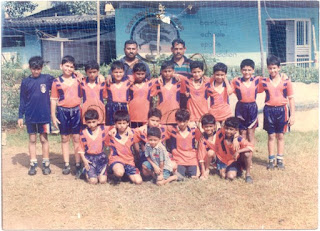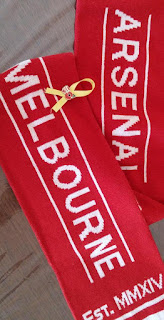Why does my business need to be on social media? Small business owners often ask themselves this question. While businesses understand & implement Search Engine Optimisation (SEO) strategies, not all businesses use social media to its potential. Social media today has evolved into something much bigger than the way it started out.
1) Google Search ranks social media links higher
Yes, you read it right! Active social media profiles of your business are automatically ranked higher in Google’s search engine. They are given more importance by Google as compared to any other listing websites. Google now automatically picks up quality content & give preference to the business profiles on Facebook, Twitter, LinkedIn & Instagram. To make the most of this, ensure the name of your profile is similar to your website name. For example, if the company website is www(dot) reeltimefishingcharters(dot)com(dot)au, then the Facebook name & username should be Reel Time Fishing Charters or as close to it as possible.
2) Google’s free listing – Google My Business!
Most businesses who have an online presence today know the advantages of using the Google My Business Listing. But there is more to it, the free Google listing is no longer just basic information about the business. It has evolved to now include specialised features about the business which can help convert a potential customer into a customer for your business.
Here are some of the new value-added features –
- Reviews on Facebook are automatically pulled by Google My Business listings. So if your customers have given you a good rating, it can show up free of cost on Google! This includes reviews from other popular social media websites or review websites.
- The listing also indicates popular times when people visit the business & how long people spend time there as well. This is an important feature for businesses including cafes, theatres and medical practices as it helps your potential customers plan their visit
- The listing now includes 3 types of images which can be edited. It includes the logo of the business, location & the street view
- Depending on the type of business, the listing provides specific information related to the business. For example – For a popular venue like the MCG in Melbourne, the listing will display future events along with the details of those events
All these features are also available on other Google products are well. They include Google Search, Maps, Google + & the mobile as well.
3) Social Media specific tools are gaining momentum
- Facebook search is also quickly picking up ever since they introduced usernames. If a business page is verified, it can show up higher in the Facebook search results for the selected keywords. Page verification is a simple process & is not limited to large companies & brands. Even a local business can get its Facebook business page verified
- New features like Facebook live have the ability to reach out to more people as compared to a text or image post. It is an innovative way of engaging with your audience & even responding to them in real time. Unlike normal posts, a Facebook live post can be shared with everyone who wants to view it
- Similarly, using the latest tools on various social media websites like YouTube Live, Instagram Moments, and Snapchat Story can help in increasing your social reach & help in an increased conversion for your business.






































